|
Last Friday was the eve of the 50-year anniversary of "Bloody Sunday", when Alabama State Troopers brutally attacked with clubs, cattle prods and tear gas a group of several hundred civil rights marchers on a bridge in Selma. And so on Friday night 250 people, some of us black, some white, ... crowded into the sanctuary of the North Baptist Church in the Clintonville neighborhood of Columbus for an evening of commemoration of those who worked, those who suffered, those who triumphed and those who paid with their lives for the cause of freedom and equality. Local folk singer Bill Cohen (see post from 1/20/2015) and singer/songwriter Paisha Thomas teamed up to present a program entitled "Songs of struggle" in which they evoked for us in song the era of the American Civil Rights Movement from 1960 to 1965; a time, in the words of Mr Cohen, "When Blacks and Whites prayed together, sang together, marched together, were beaten together and sometimes were murdered together."
Their voices blending in beautiful harmony while Mr. Cohen accompanied on the guitar, they sang the old songs that the Civil Rights activists used to sing to lift their hearts and empower themselves with courage and a sense of solidarity as they engaged in peaceful protests against injustice and called for equal rights for people of color. We in the audience sang along. The tunes were bright and catchy and the lines repetitive enough that those of us who weren't familiar with the songs were able to quickly catch on. These were songs meant for singing: "Oh, Freedom", "Eyes On The Prize," "If You Miss Me From The Back of the Bus", "We Shall Not Be Moved", "We Shall Overcome", and half-a dozen more. Between the songs old film clips were shown from historic moments in the Civil Rights Movement: the lunch counter sit-ins, the Freedom Rides, the Summer of Freedom, the murder of Medgar Evers, the Birmingham church bombing in which four young girls were killed, the murder of three civil rights workers in Philadelphia, Mississippi, the Selma to Montgomery marches that were instrumental in the passing of the Voting Rights Act. I believe it must have been both horrifying and amazing for most of us in that church to realize that it was in our own time that these events were taking place; that in our country in our time Southern blacks were by law denied the vote, denied justice, denied the right to use a public water fountain or toilet, sit wherever they wished on a bus, sit down in a restaurant and order a meal, and expect the same basic rights and respect that every human being on this planet is entitled to. That in our country and in our time there was a place where officers of the law had free reign to intimidate, beat, or shoot peaceful citizens; a place where a man could bomb a Black church and kill four little girls and be let off without consequence. I believe it must have been profound for all of us of a certain age sitting in the North Baptist Church to realize, as we sang the songs and watched the images of the past, that the pivotal moments in the great human awakening in our country known in as the Civil Rights Movement all happened in our time. And to realize that, for all the progress made during the Civil Rights era, in our country the work of equal rights for all under the law continues to be in a work progress. Still, as Bill Cohen reminded us at the end of the evening in a quote from Martin Luther King, "The arc of the moral universe is long but it bends toward justice". To that I say Amen.
0 Comments
Leave a Reply. |
"Tropical Depression"
by Patti Liszkay Buy it on Amazon: https://www.amazon.com/dp/B0BTPN7NYY "Equal And Opposite Reactions"
by Patti Liszkay Buy it on Amazon: http://amzn.to/2xvcgRa or from The Book Loft of German Village, Columbus, Ohio Or check it out at the Columbus Metropolitan Library
Archives
July 2024
I am a traveler just visiting this planet and reporting various and sundry observations,
hopefully of interest to my fellow travelers. Categories |

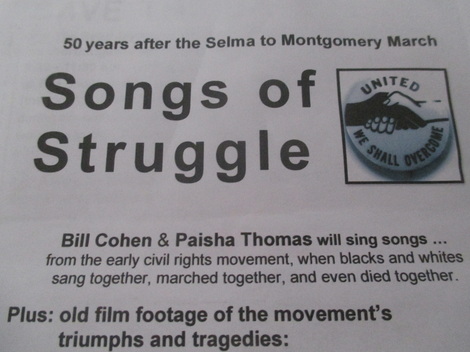
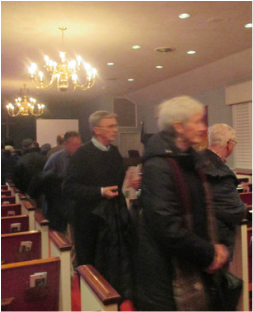
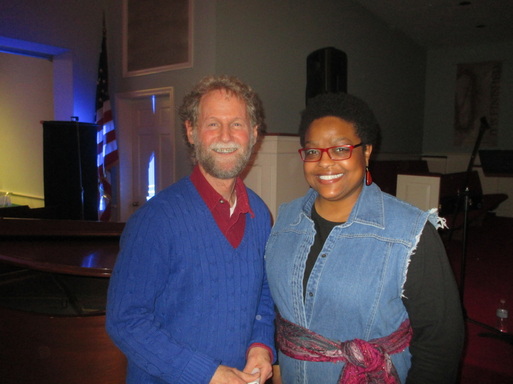


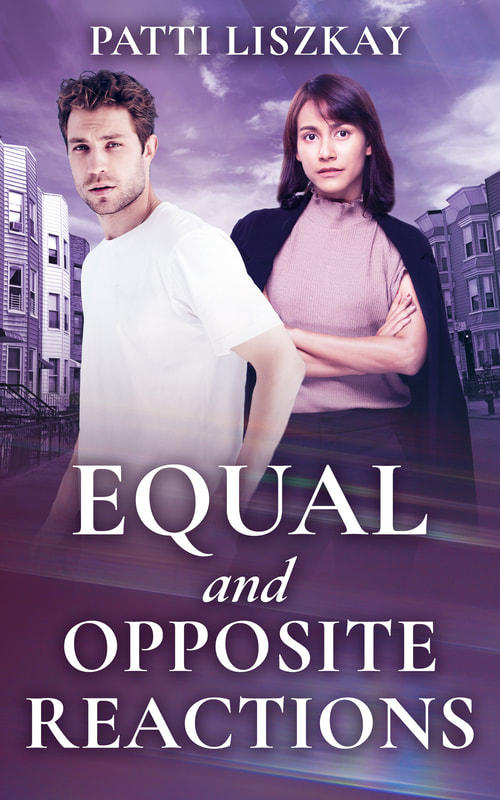
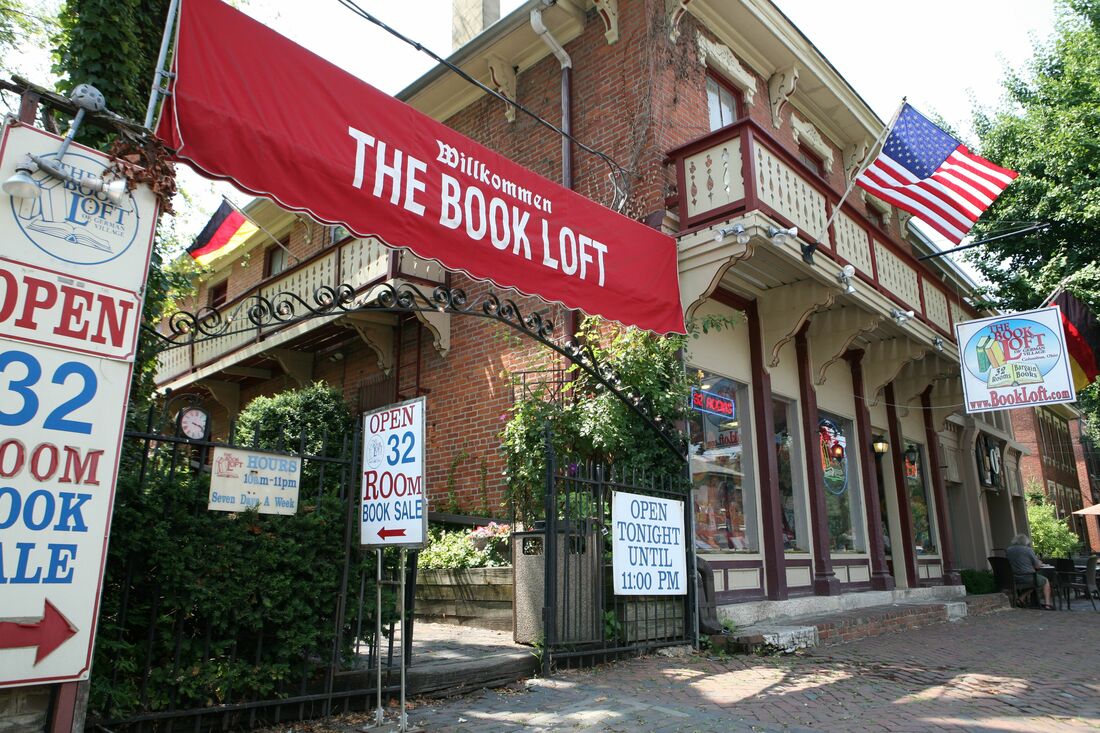
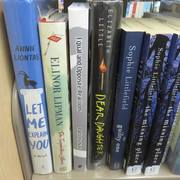
 RSS Feed
RSS Feed